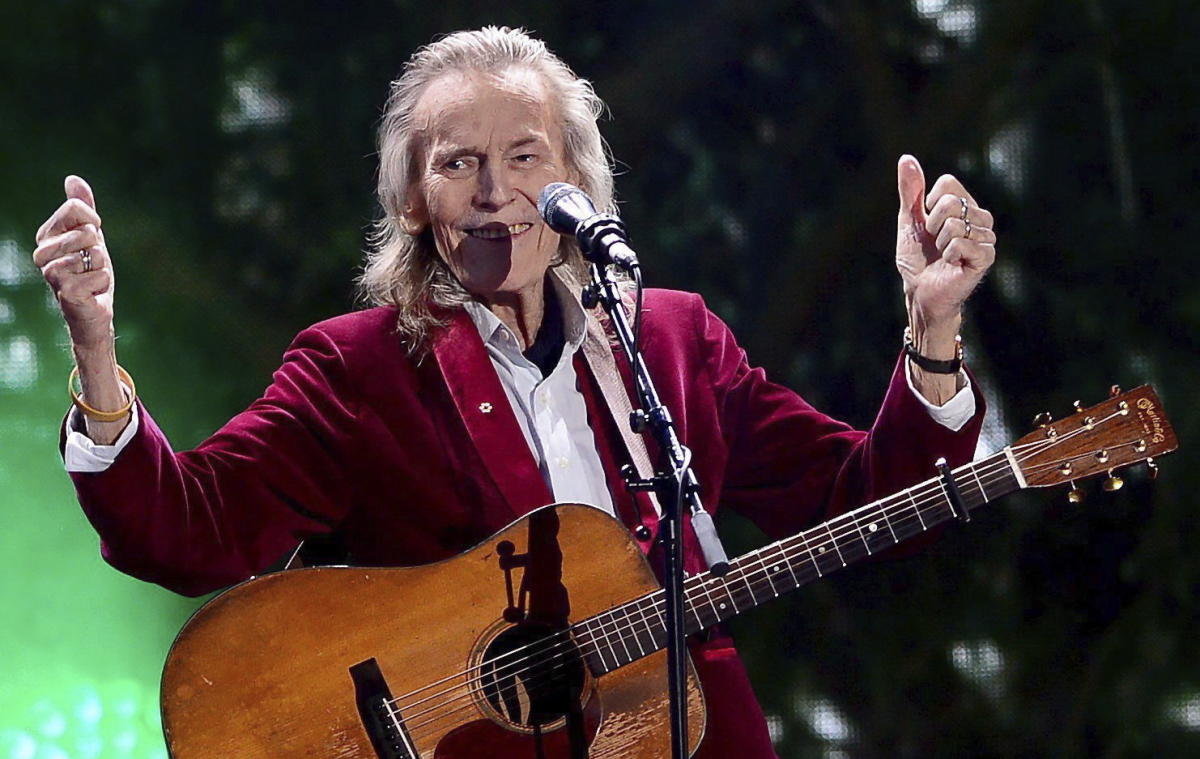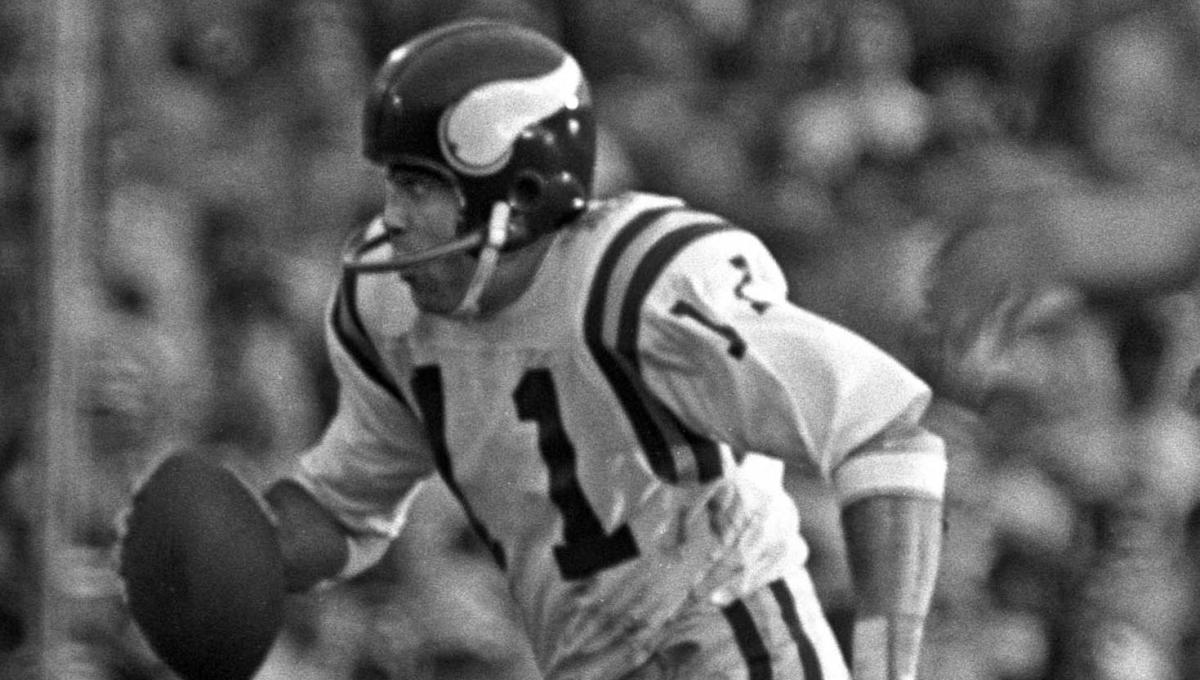We begin with
The Saint, the character created by Chinese-British author Leslie Charteris for the 1928 novel "Meet the Tiger." Often referred to as "The Robin Hood of Modern Crime", Charteris' novels tracked the adventures of Simon Templar as he fought against criminals, mobsters, and other shady characters that threatened people or Simon himself. For the next 60 years Charteris wrote or oversaw the creation of more than 100 novels, novellas, and short stories featuring The Saint and his adventures, and also watched as the character expanded into other media.
In 1938 the first venture into new media came with RKO Pictures commissioning the start of its line of Saint films. For the second film in 1939 the studio had to replace the original actor due to a prior commitment and the role was passed to English actor George Sanders, who would continue the role for 4 more films until 1941. Yes, this seems irrelevant to radio shows, but it'll be key to everything eventually so maybe just put a pin in this fact.
Anyways, after the films became a success, attempts were made to also break the character into the radio sphere. There was an Irish series made in 1940 and then a couple of American attempts in 1944 and 1945 which all ran for a few months before coming to a close. Unfortunately none of these series proper have survived to this day, with the only thing remaining from this era being a 1944 pilot/solicitation episode starring an actor named Dennis Greene (not the former football coach,

).
In 1947 CBS stepped up to the plate and successfully launched their first incarnation of The Saint starring Vincent Price as Simon Templar. Though their iteration only lasted for about a year, it was successful enough to spur a pair of revivals, first by the Mutual Broadcasting System and then by NBC. Ultimately the character would run on the radio for most of the next 4 years, wrapping up in 1951 with Price having guided the character through most of that time before stepping down in late 1950 and being replaced by Brit Tom Conway for the final 20 weeks or so of the franchise's radio run.
And now comes the twists and turns. Because when the Saint went off the air it was replaced in its time-slot by a long-running detective program called
The Adventures of the Falcon. That series began in 1943 and would take the Saint Spot for 3 years before it too came to a close. So obviously it had to be popular to survive for a decade on the radio. But looking at where it came from is how things get kinda weird.
Remember how I talked about the Saint films from RKO in the late 30s and early 40s? Well after 6 total Saint movies, 5 starring George Sanders, RKO decided that they didn't want to pay for the Saint license and instead launched a series of films about a gentleman adventurer that would cost them significantly less money. It was still about a "robin hood" type who fought for the little guy and still starred George Sanders, but instead of Simon Templar he would be Gay Lawrence, alias The Falcon. But in spite of the name change they were pretty much Saint movies in all
but name, still starring Sanders, still following similar plots, and even bringing over Sanders' frequent leading lady from several Saint films, Wendy Barrie, to play recurring major supporting roles. It was so obvious that these movies were naked attempts to be The Saint without the name and license that Leslie Charteris was quite miffed and sued RKO over the plagiarism (to the best of my sleuthing I can't find any record of the case, suggesting it was dropped or settled before it reached the courts).
Now I can see the gears turning about the name of these movies and the Adventures of the Falcon radio show. And I get where you're trying to go. But if you ask me what these things have to do with each other, the answer is both "nothing" and "everything"
The Falcon movies that were transparent Saint ripoffs were "adapted" from a short story written by Michael Arlen in 1940. However that and the character's given name are about all the similarities they share as the story starred Gay Stanhope Falcon (thus explaining the "Falcon" sobriquet, something the movies apparently never did) before RKO changed them. Meanwhile the radio Falcon starred a character named Michael Waring, with the explicit alias of "The Falcon" that were from a series of short stories written between 1936 and 1938 by a Drexel Drake (a pseudonym for another author, believed to be a man named Charles Huff). The two stories are not related in any way, though it's largely suggested that the Falcon Radio series featuring Drexel Drake's character made it to the radio to piggyback on the success of films. So the Falcon that replaced the Saint radio series got onto the radio in the first place thanks to the unrelated Falcon movies that were actually knockoffs of Saint movies while being loosely based on a short story from the 1940s that was pre-dated by the mid-to-late-30s novels that created the characters adapted in the Falcon radio series.
Yes, it's a like a media snake that's eating its own tail.
But because we can't stop here, there's even more fun: Remember when I said to put a pin in the name of Saint-cum-Falcon lead actor Geroge Sanders? After his third Falcon adventure (and after like 4 or 5 Saint adventures) he grew tired of playing pulpy b-movie heroes and asked to be retired from the role. So in the fourth Falcon film, released in 1942 and titled "The Falcon's Brother", we're introduced to Gay Lawrence's brother Thomas, who at first appears to be murdered only to show up alive and wrapped up in a nefarious plot that ends with Gay making a heroic sacrifice that costs him his life and inspires Tom to take up the Falcon mantle in his stead to continue the fight against evil (and the fight at the box office as the continuing Falcon adventures featuring Tom Lawrence as the lead character would spawn 9 more movies over the next 3 and a half years).
In a fun twist, Tom Lawrence was played by Thomas Sanders, the real life brother of George Sanders who was, of course, playing the character's brother and previous Falcon. Thing is that you might not recognize English actor Thomas Sanders. But if you've been paying attention to my rambling you will now know him by the stage name he used:
Tom Conway.
That's right, The man who succeeded Vincent Price and played out the final radio adventures of The Saint, only to see the show wind down and be replaced by The Falcon, himself inherited the role of a different Falcon from his brother, who had played the Falcon after it replaced The Saint in the movies.
Confused yet? Well there's one more twist:
See, the 3rd Falcon movie, the last one with George Sanders as the sole lead before he ceded the role to his brother was "The Falcon Takes Over". It was an adaptation of a novel. But not a novel about the Falcon or by Michael Arlen. Instead it was taken from a 1940 novel called "Farewell, My Lovely" written by Raymond Chandler.
Yes, "Farewell, My Lovely" was a Philip Marlowe story. But for reasons that have never really been made clear when the studio optioned the rights to the story they decided not to retain Marlowe as the principal character nor Chandler's iconic pulp/noir style. At least not at first. That's because in 1944 the novel was adapted to film
again, but this time it
did stay a Marlowe story and true to Chandler's tone, in the process becoming one of the first examples of film noir. The only thing it didn't keep was the title as test audiences thought "Farewell, My Lovely" sounded too much like the kind of musical romantic comedy that was popular at the time, especially the kind of movie that the actor playing Marlowe in this movie, Richard Powell, had become known for (Powell being cast as the the gritty detective in this movie after cutting his teeth as a musical/rom-com leading man was seen as a controversial choice) and so to avoid confusion and better portray what the actual tone of the movie was, it was rechristened "Murder, My Sweet." The resulting film helped to usher in the film noir revolution and rebranded Dick Powell into a credible dramatic actor.
Now I can't show you these films because a) this is a classic radio thread and b) they aren't public domain like classic radio of the era is. But we do have a workaround in the form of the special bonus this month, an episode of
Lux Radio Theatre, which was a series fronted by legendary hollywood director Cecil B. DeMille which focused on adapting notable stage or screen scripts to condensed, 60-minute radio stories, often with the source material's original cast members reprising their roles. So included here is the 1945 episode adapting "Murder, My Sweet" starring Dick Powell once again as Marlowe.
This little branch of our confusing trip through radio history now opens things up to 1947, when the success of Marlowe in film led to the creation of a radio version of the famous detective,
The Adventures of Philip Marlowe. The first attempt starred character actor Van Heflin in the role as a summer replacement for Bob Hope's show. A year after it ended the series was revived with a different actor, Gerald Mohr as Marlowe. He carried the show for 2 years plus another summer run a year after that, becoming one of the most iconic detective radio series, even if it wasn't one of the longer runs.
But what of Marlowe film actor (and Lux Radio Theatre adapter) Dick Powell? Well after successfully transitioning to dramatic roles thanks to his Marlowe turn, he found himself attracted to multiple gritty detective roles in film and on the radio. I'm not including all of them in here, though I do have more than one in my collection, but as an example of a different kind of detective show and as the longest-running of Powell's radio adventures, I've added the surviving episodes of the 4-year run Powell had in
Richard Diamond, Private Detective.
It actually turns out there are more branches and quirks in this web of classic radio, but I've kind of hit the file size limit so we'll stop here for now and revisit it in the future. This might be old time radio's version of 6 degrees of Kevin Bacon.






 ) It will take a few seconds to compress the content into the requisite files and begin the download and then *boom* you've got the stuff on your computer. Open the compressed download files with Windows' innate ability to read zip files or with a program like WinZip or WinRAR if you have it and extract it and you will have a folder full of MP3 audio files of all the episodes that were available.
) It will take a few seconds to compress the content into the requisite files and begin the download and then *boom* you've got the stuff on your computer. Open the compressed download files with Windows' innate ability to read zip files or with a program like WinZip or WinRAR if you have it and extract it and you will have a folder full of MP3 audio files of all the episodes that were available.
 ).
).
 I've got a pretty short ignore list.
I've got a pretty short ignore list. 

